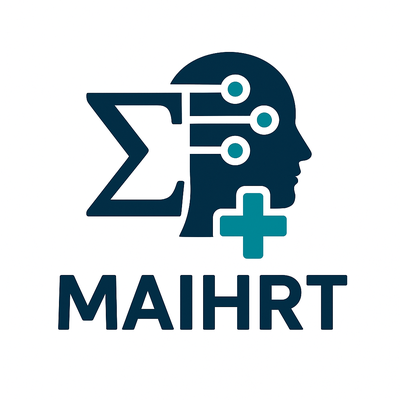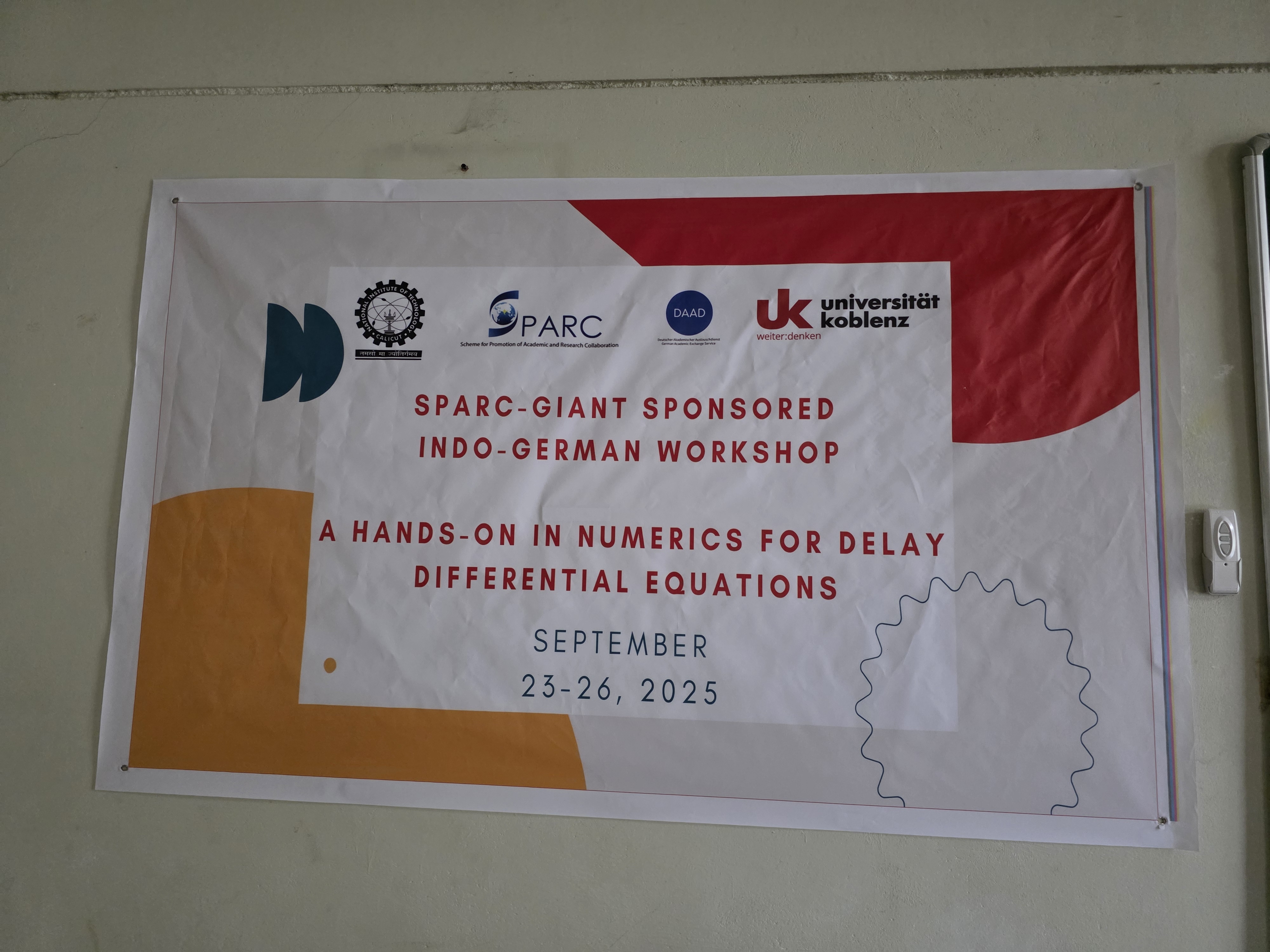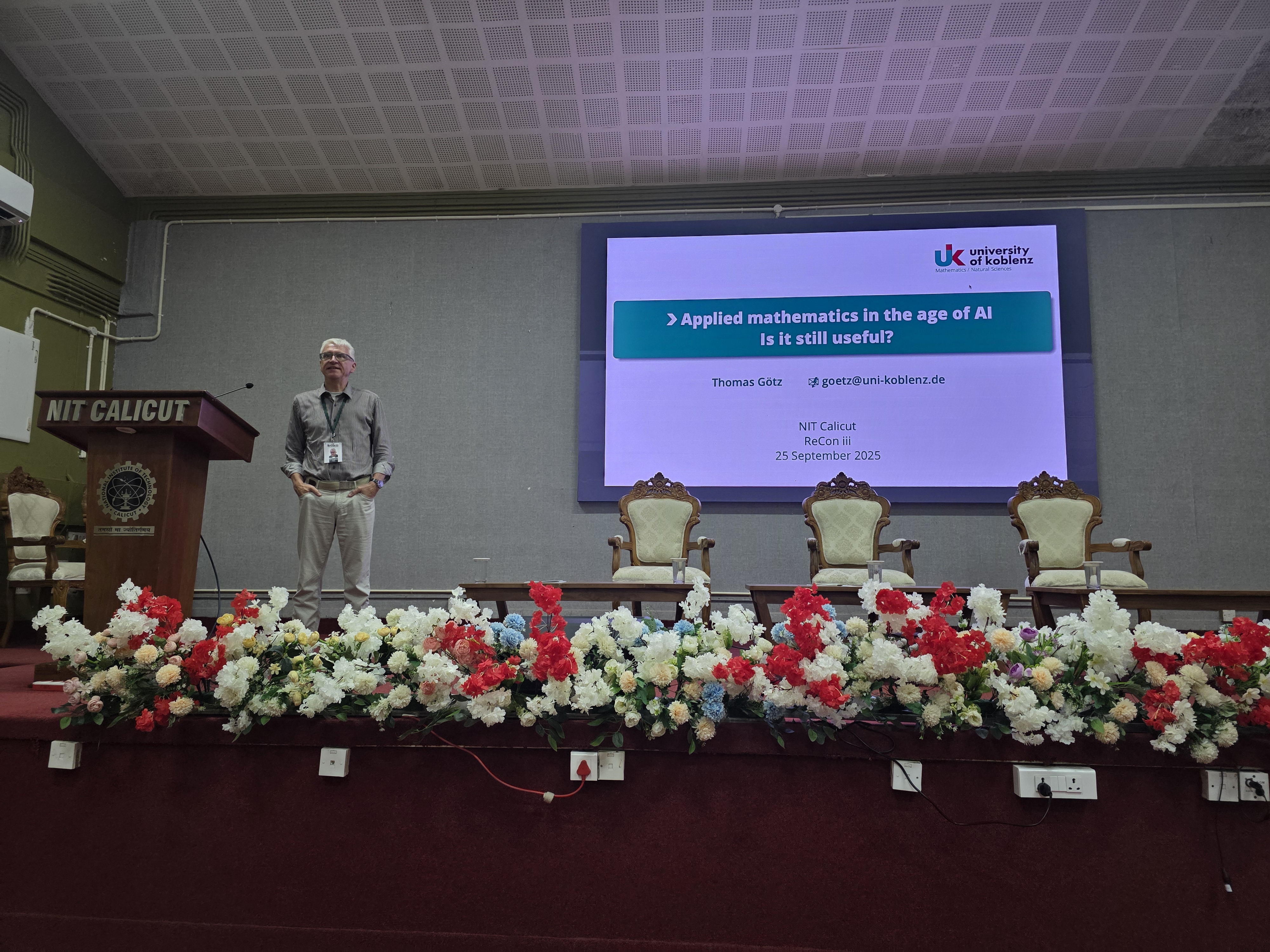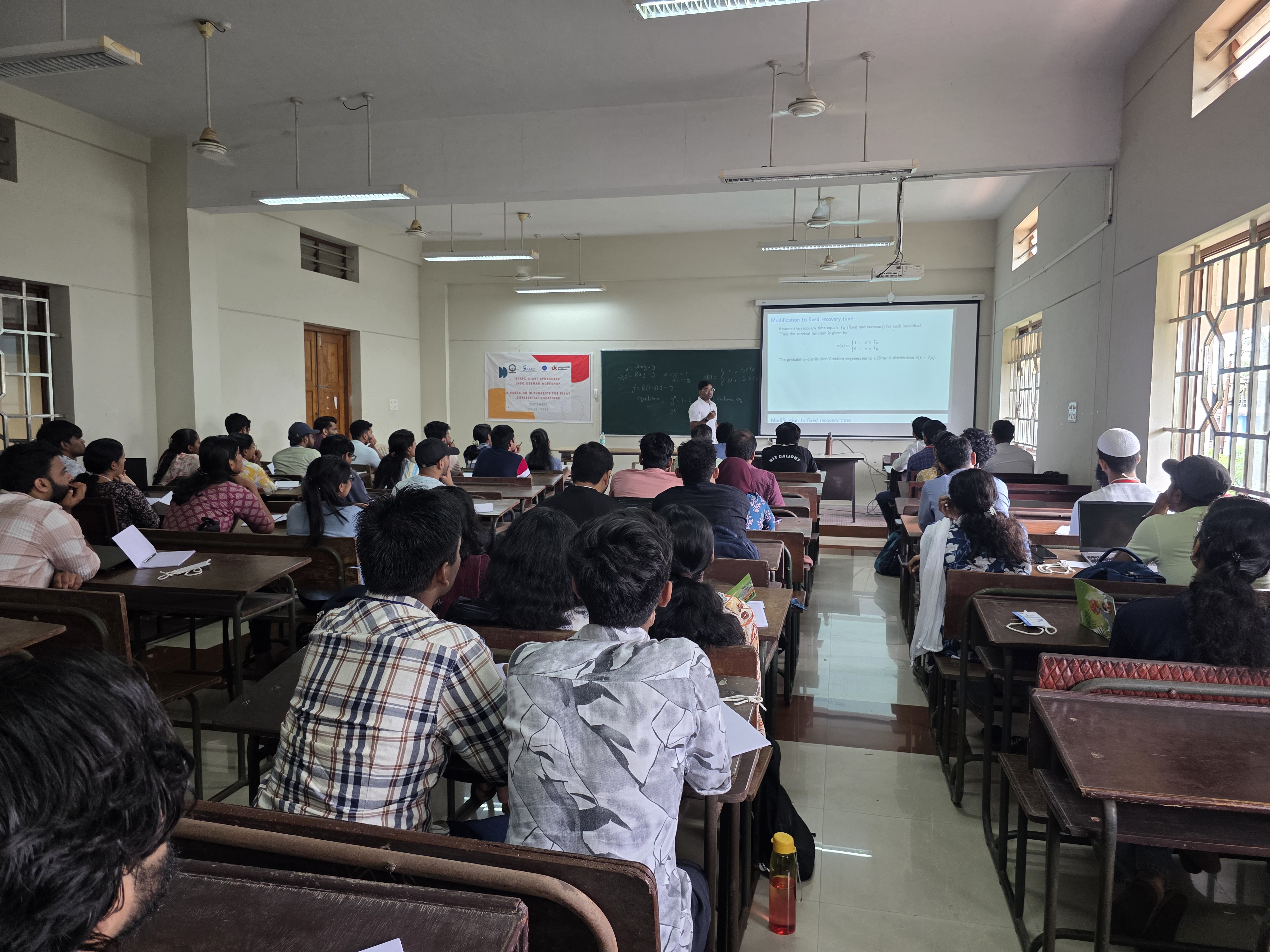Zum Profil

MAIHRT - Mathematical AI in Healthcare; Research and Teaching Perspective

MAIHRT
Mathematical AI in Healthcare; Research and Teaching Perspective
The MAIHRT project leverages artificial intelligence (AI), data science, and mathematical modeling to address two major healthcare challenges: Alzheimer’s disease (AD) and the spread of vector-borne diseases.
The first focus is on the early detection and treatment of AD. The project proposes using machine learning techniques to analyze EEG signals for developing low-cost, accurate biomarkers to predict AD in its early stages. It also explores nanomaterial-based targeted drug delivery systems to overcome the blood-brain barrier, potentially increasing treatment efficacy while reducing drug dosages. Machine learning-assisted simulations will be used to evaluate the suitability of nanocarriers for this purpose.
The second component addresses the modeling and prediction of vector-borne diseases such as dengue and malaria, with a focus on how climatic variables like temperature, rainfall, and humidity affect disease transmission. AI-based models will be developed to study the spatial and temporal dynamics of these diseases, particularly in regions like Kerala (India) and Germany. The goal is to inform risk mapping, disease control strategies, and public health preparedness
Additionally, the project includes the development of interactive, modular teaching materials for master’s level curricula in mathematics and computer science. These materials will integrate case studies from the project’s research, aiming to strengthen interdisciplinary education and equip students with skills in AI-driven modeling applicable to life sciences and healthcare.




Förderungen & Partnerschaften











